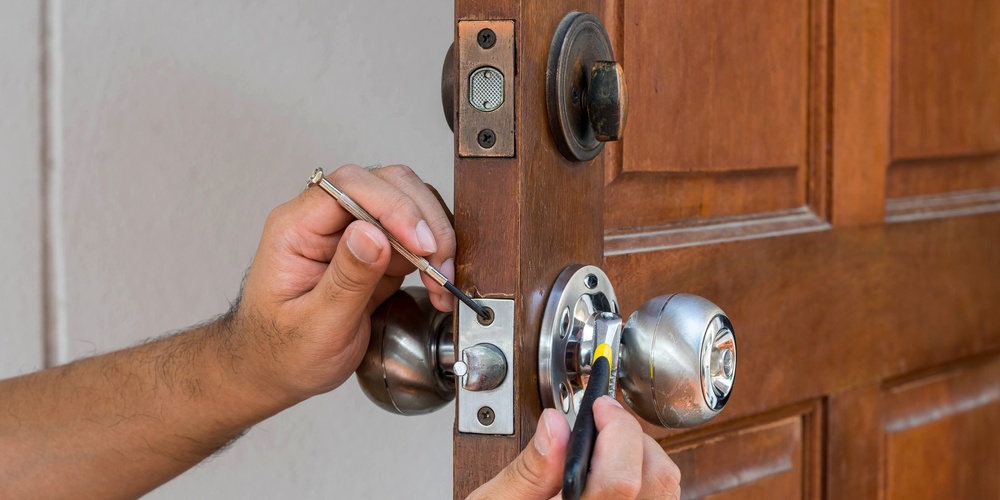
Renting a property in Victoria, Australia, comes with a set of expectations and legal requirements designed to ensure that renters have a safe and habitable living environment. The state government has established minimum standards for rental properties, aiming to protect renters and improve the quality of rental housing. This blog will explore these minimum standards, why they matter, and how they affect both renters and rental providers.
What Are Minimum Standards?
Minimum standards in rental properties are baseline requirements set by the Victorian government to ensure that rental homes meet essential health, safety, and comfort criteria. These standards cover various aspects of rental properties, including structural integrity, safety, and amenities. The goal is to ensure that all rental properties provide a basic level of comfort and livability, addressing common issues that could affect renters' well-being.
Key Minimum Standards for Rental Properties in Victoria
Structural Integrity and Safety
Weatherproofing: Rental properties must be weatherproof to protect renters from the elements. This includes proper sealing of windows and doors and ensuring that roofs and walls are in good condition.
Safe and Secure: The property should be secure, with functioning locks on doors and windows. Safety issues, such as exposed wiring or significant structural damage, must be addressed promptly.
Functional Facilities
Heating and Cooling: Properties must have adequate heating and cooling systems. This ensures that renters are comfortable throughout the year, particularly during extreme weather conditions.
Plumbing and Sanitation: Functional plumbing is essential. This includes properly working toilets, sinks, and hot water systems. Adequate sanitation facilities are necessary for health and hygiene.
Electrical and Gas Safety
Electrical Safety: The electrical system must be safe and in good working order. This involves ensuring that outlets, wiring, and appliances are maintained to prevent hazards.
Gas Safety: If the property has gas appliances, these must be regularly serviced and inspected to prevent gas leaks and ensure safe operation.
Ventilation and Natural Light
Adequate Ventilation: Proper ventilation is crucial to prevent issues like mold and dampness. This includes functional windows that can be opened and proper airflow throughout the property.
Natural Light: Rental properties must provide adequate natural light. This not only improves the living environment but also supports mental well-being.
Pest Control and Cleanliness
Pest-Free Environment: Properties should be free from pests like rodents and insects. Regular pest control measures are necessary to maintain a healthy living space.
Cleanliness: The property should be clean and well-maintained before renters move in. This includes removal of previous renters' belongings and ensuring the property is hygienic.
Why These Standards Matter
Minimum standards are crucial for several reasons:
Renter Health and Safety: Ensuring that rental properties meet these standards helps protect renters from health hazards and unsafe living conditions.
Fairness: Minimum standards promote fairness by setting a baseline level of quality that all rental properties must meet, reducing discrepancies between different rental properties.
Property Maintenance: Regular adherence to these standards encourages rental providers to maintain their properties, which can prevent more significant issues and protect property value.
Responsibilities of Rental Providers and Renters
Rental Providers: It is the rental provider's responsibility to ensure that their property meets all minimum standards. This includes maintaining the property, addressing repairs promptly, and complying with safety regulations.
Renters: Renters should report any issues that affect the habitability of the property to their rental provider or property manager. If issues are not addressed, renters can seek assistance from the Victorian Rental Tenancies Commission.
Enforcement and Support
The Victorian government enforces these standards through the Residential Tenancies Act 1997 and related regulations. Renters who believe their rental property does not meet the minimum standards can seek advice and support from Consumer Affairs Victoria (CAV) or the Victorian Rental Tenancies Commission.
Minimum standards for rental properties in Victoria are designed to ensure that all rental homes provide a safe, habitable, and comfortable living environment. Understanding these standards helps both renters and rental providers navigate their rights and responsibilities, ultimately contributing to a more equitable and pleasant rental experience. If you have concerns about your rental property, it's important to address them promptly to ensure compliance and maintain a high quality of living.
For more detailed information, always refer to the latest guidelines from Consumer Affairs Victoria or consult with a legal professional specializing in rental property laws.